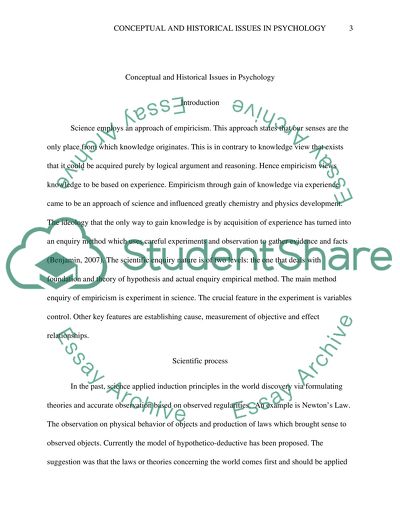Cite this document
(“Conceptual and Historical Issues in Psychology Essay”, n.d.)
Conceptual and Historical Issues in Psychology Essay. Retrieved from https://studentshare.org/psychology/1450274-conceptual-and-historical-issues-in-psychology
Conceptual and Historical Issues in Psychology Essay. Retrieved from https://studentshare.org/psychology/1450274-conceptual-and-historical-issues-in-psychology
(Conceptual and Historical Issues in Psychology Essay)
Conceptual and Historical Issues in Psychology Essay. https://studentshare.org/psychology/1450274-conceptual-and-historical-issues-in-psychology.
Conceptual and Historical Issues in Psychology Essay. https://studentshare.org/psychology/1450274-conceptual-and-historical-issues-in-psychology.
“Conceptual and Historical Issues in Psychology Essay”, n.d. https://studentshare.org/psychology/1450274-conceptual-and-historical-issues-in-psychology.


